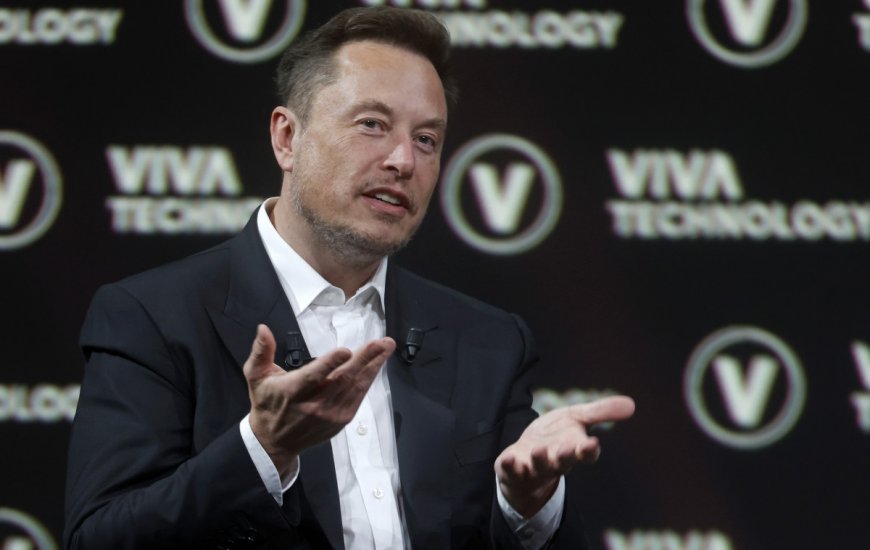Should Elon Musk be trusted with human brains? Neurologist weighs in on Neuralink
Elon Musk's Neuralink successfully implanted its first brain chip into a human patient.

Elon Musk's Neuralink has successfully implanted its first brain chip into a human patient. While this marks a major milestone in the development of BCI's, or brain computer interfaces, some experts have qualms with the billionaire at the helm. Leah Croll, Assistant Professor of Neurology at Temple University joined TheStreet to discuss whether or not Elon Musk should be entrusted with human patients.
Related: How Elon Musk's Neuralink actually works and what it could be used for in the future
Full Video Transcript Below:
J.D. DURKIN: At the top of all these relationships, the legal community, the scientific community, the neurological community is a man who is at times very he can be socially volatile. He could be wildly unpredictable. He could be painted as brilliant. He could be painted as a mad man by others. Is there hesitancy, I wonder, to entrust someone like Elon musk, of all people with something so important and something like this?
LEAH CROLL: Yeah and by the way, in fairness to Elon musk, there's hesitancy, hesitancy entrusting this to anyone because we're talking about manipulating people's brains and changing their lives. And so neurologists like myself in the years to come are really going to be on the lookout for rigorous clinical trials. The FDA will have a part in reviewing clinical trial data as well. And what this will allow us to do is take a look at the patients who have gone through these procedures, take a look at the data and analyze it in an objective way so that we can come together as a community to understand whether or not this is a reasonable, safe treatment to offer people.
J.D. DURKIN: Finally, Leah, what part of this conversation do you think is either being misrepresented or is not being understood enough by those of us on the outside seeing the headlines, talking about the headlines? What do you want the general public to really know based on your many years of expertise?
LEAH CROLL: So the big thing here is I see a lot of chatter on the internet about what the implications could be in terms of using this technology to take healthy people and enhance their normal function. And that is an ethical can of worms, number one. But number two, I don't want people to lose sight of the heart of this story, which is that neurologic disease is absolutely devastating and life changing. Anyone who's watching, who has experienced it themselves or has a loved one who's gone through it knows exactly what I'm talking about. And I just want people to focus on the fact that this is science, technology, medicine, innovation coming together to help people in just an immensely powerful way. And that means a lot.
What's Your Reaction?



























































